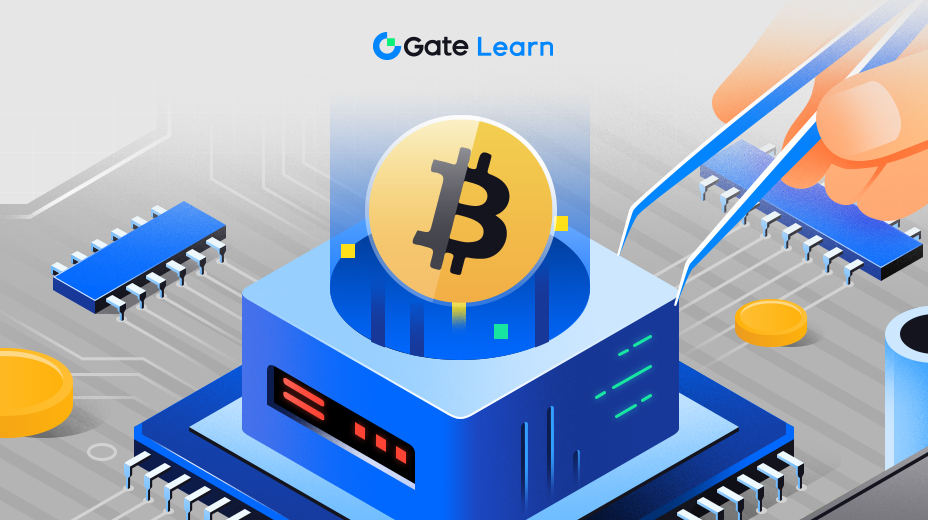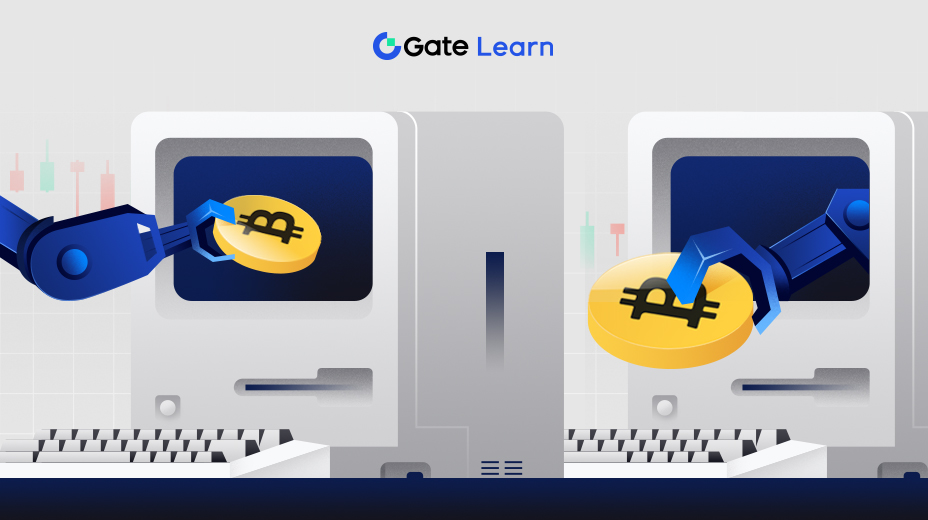A Tecnologia Por Trás da Identidade Descentralizada
Este módulo mergulha na espinha dorsal tecnológica que alimenta a identidade descentralizada. Vamos desvendar a intrincada relação entre a tecnologia blockchain e a identidade descentralizada, lançando luz sobre o papel da Infraestrutura de Chave Pública (PKI). Além disso, apresentaremos o conceito de Identificadores Descentralizados (DID) e explicaremos a importância das credenciais e declarações verificáveis neste ecossistema.
Blockchain e Identidade Descentralizada
A ascensão da tecnologia blockchain tem sido nada menos que revolucionária, e sua aplicação no âmbito da identidade descentralizada é um testemunho do seu potencial transformador. No seu cerne, uma blockchain é um livro-razão distribuído, uma base de dados descentralizada que regista transações em vários computadores, garantindo que os dados sejam transparentes, imutáveis e seguros.
A identidade descentralizada aproveita essas mesmas propriedades do blockchain. Ao armazenar dados de identidade em um blockchain, garante que os dados sejam à prova de violação e verificáveis. Sempre que um atributo de identidade é adicionado, modificado ou verificado, um registro é criado no blockchain, fornecendo um rastro de auditoria transparente.
A natureza descentralizada do blockchain significa que não há uma autoridade central que governe os dados de identidade. Em vez disso, o controlo é distribuído pela rede, com os indivíduos a terem o poder de conceder ou revogar o acesso aos seus dados. Esta descentralização reduz o risco de violações de dados e de acesso não autorizado, uma vez que não há um único ponto de falha.
As características criptográficas da blockchain desempenham um papel fundamental na garantia da segurança dos dados. Os dados de identidade na blockchain são criptografados, garantindo que apenas partes autorizadas possam acedê-los. Esta criptografia, combinada com a imutabilidade dos registos da blockchain, assegura que os dados de identidade permaneçam seguros e inalterados.
Uma das características marcantes da blockchain no contexto da identidade descentralizada é o uso de contratos inteligentes. Estes são contratos autoexecutáveis com os termos do acordo escritos diretamente em código. No âmbito da identidade, os contratos inteligentes podem automatizar processos como a verificação de identidade, reduzindo a necessidade de intermediários e melhorando a eficiência.
Como a Infraestrutura de Chave Pública (PKI) Suporta Identidade Descentralizada
A Infraestrutura de Chave Pública (PKI) é uma pedra angular da segurança digital, e o seu papel na identidade descentralizada é crucial. Na sua essência, a PKI é uma combinação de hardware, software, políticas e normas que trabalham em conjunto para fornecer um quadro para comunicações seguras e verificação de identidade digital.
PKI fornece a base criptográfica. Cada indivíduo em um sistema de identidade descentralizado tem um par de chaves criptográficas: uma chave pública, que está disponível abertamente, e uma chave privada, que permanece confidencial. Essas chaves são usadas para criptografar e descriptografar dados, garantindo uma comunicação segura.
Quando um indivíduo deseja compartilhar seus dados de identidade, ele pode usar sua chave privada para assinar os dados, criando uma assinatura digital. Essa assinatura pode ser verificada por outras pessoas usando a chave pública do indivíduo, garantindo a autenticidade e integridade dos dados.
Além disso, a PKI suporta a emissão de certificados digitais. Em um sistema de identidade descentralizado, esses certificados atuam como credenciais verificáveis, atestando os atributos de identidade do indivíduo. Estas credenciais podem ser emitidas por entidades fidedignas e podem ser verificadas por qualquer pessoa, garantindo a confiança no sistema.
Uma das vantagens significativas da PKI na identidade descentralizada é a sua capacidade de facilitar transações sem confiança. Como os dados de identidade estão criptograficamente seguros e podem ser verificados usando chaves públicas, não há necessidade de intermediários ou verificadores de terceiros. Essa natureza sem confiança melhora a eficiência e reduz potenciais pontos de falha.
Embora a PKI ofereça inúmeras vantagens, ela não está isenta de desafios. A gestão de chaves, garantindo a segurança das chaves privadas, é uma preocupação significativa. Se a chave privada de um indivíduo for comprometida, os seus dados de identidade estarão em risco. Por conseguinte, são cruciais práticas de gestão sólidas.
O ecossistema da PKI precisa de ser atualizado regularmente para se manter à frente das potenciais ameaças de segurança. À medida que os algoritmos criptográficos evoluem e novas vulnerabilidades são descobertas, a infraestrutura da PKI precisa de se adaptar para garantir a segurança contínua.
Destaques
- DID (Identificador Descentralizado): Os DIDs são identificadores digitais únicos e auto-soberanos armazenados em blockchains ou DLTs, representando indivíduos, organizações ou dispositivos, garantindo controle total e propriedade pelo sujeito da identidade.
- Flexibilidade do DID: Os DIDs podem atender a uma ampla gama de casos de uso, desde autenticação pessoal até IoT, e suportam várias chaves criptográficas, melhorando sua adaptabilidade e segurança.
- Credenciais Verificáveis: Atestados digitais feitos por emissores sobre um sujeito, são os equivalentes criptográficos de credenciais físicas como passaportes, garantindo verificação instantânea e segura.
- Reivindicações: Declarações feitas pelo sujeito que, quando validadas por um emissor, passam a fazer parte das credenciais verificáveis, representando atributos ou qualificações específicas.
- Três Entidades Principais: O processo de credenciais verificáveis envolve o emissor (que valida as reivindicações), o detentor (o sujeito das reivindicações) e o verificador (que verifica a autenticidade das credenciais).
- Divulgação seletiva: As credenciais verificáveis permitem a minimização de dados, permitindo que os titulares compartilhem partes específicas de suas credenciais, garantindo privacidade aprimorada e controle em interações digitais.





